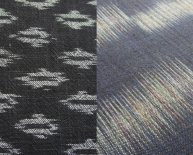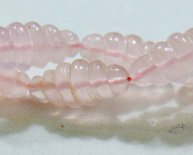
Polyethylene terephthalate characteristics
 Waste PET was utilized as modifier in asphalt mixture.
Waste PET was utilized as modifier in asphalt mixture.
Deformation characteristics of asphalt mixtures were assessed.
•Dynamic creep test was conducted at different temperatures and stress levels.
•Permanent deformation models were introduced.
One of the major types of plastics that can be found in Municipal Solid Waste (MSW) is Polyethylene Terephthalate (PET) which is a non-biodegradable semi-crystalline thermoplastic polymer, and is considered as polyester material. Generating large amount of waste PET, mainly as bottles, would cause environmental hazards by disposing in landfills. This paper aims to evaluate effects of utilizing waste PET flakes as modifier in asphalt mixture as an alternative solution to overcome the potential risks arise from producing large amount of waste PET as well as evaluating the deformation characteristics of unmodified and PET modified asphalt mixtures. To achieve this aim, different percentages of PET were designated for this investigation, namely: 0%, 0.2%, 0.4%, 0.6%, 0.8% and 1% by weight of aggregate particles, and dynamic creep test was performed at different stress levels (300 kPa and 400 kPa) and temperatures (10 °C, 25 °C and 40 °C). Consequently, Zhou three-stage model was developed. The results showed that permanent deformation characteristics of asphalt mixture were considerably improved by utilization of PET modification, when the permanent strain was remarkably decreased in PET modified mixture compared to the conventional mixture at all stress levels and temperatures. Besides, based on Zhou model, it was concluded that elastic and visco-elastic properties of asphalt mixture were improved by application of PET modification.
Keywords
- Waste Polyethylene Terephthalate;
- Modified asphalt mixture;
- Permanent deformation;
- Stress level;
- Temperature
















